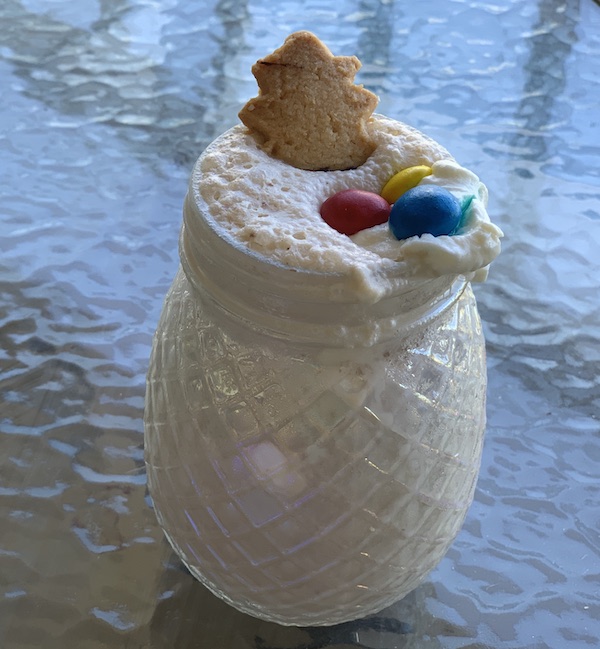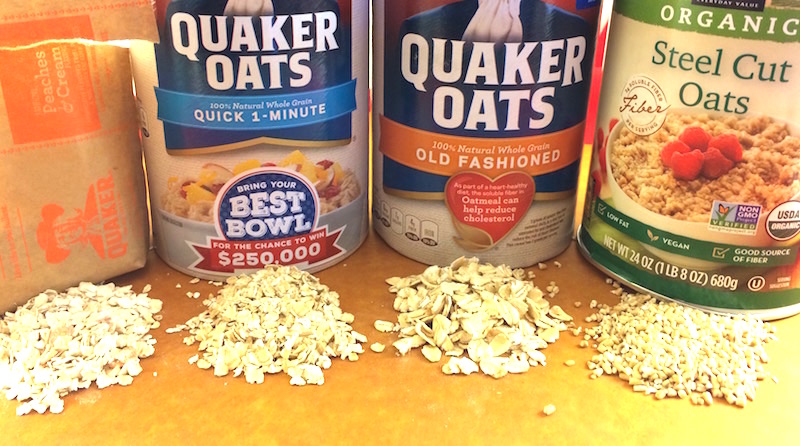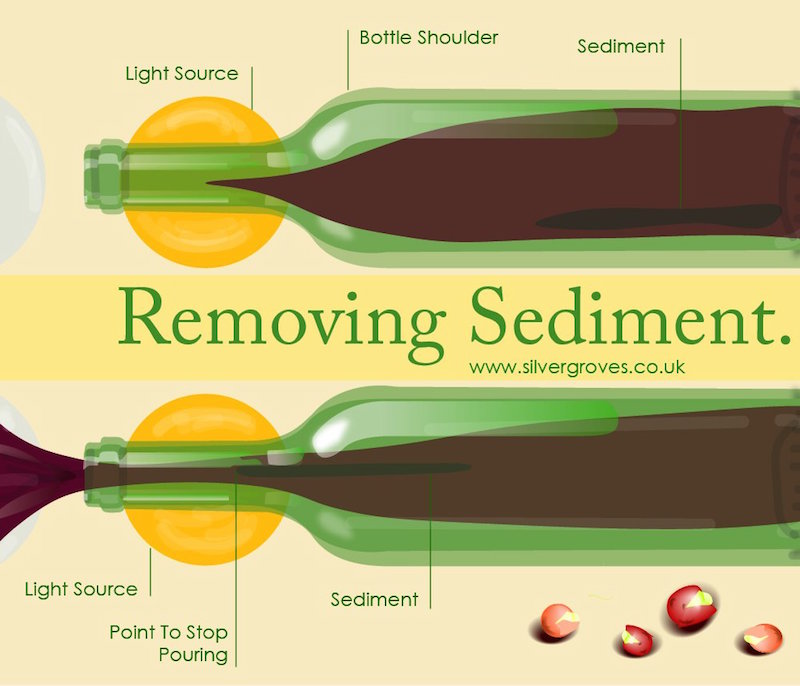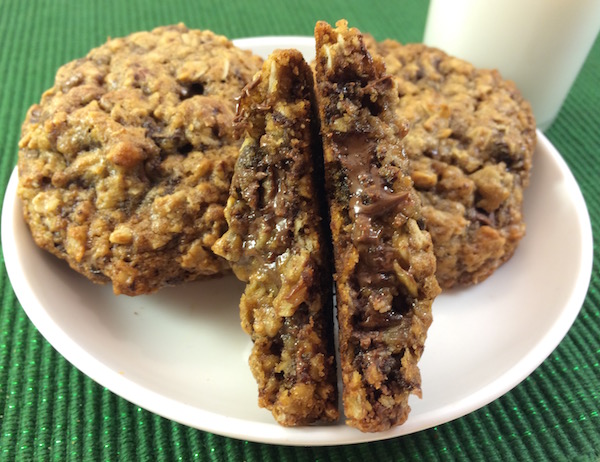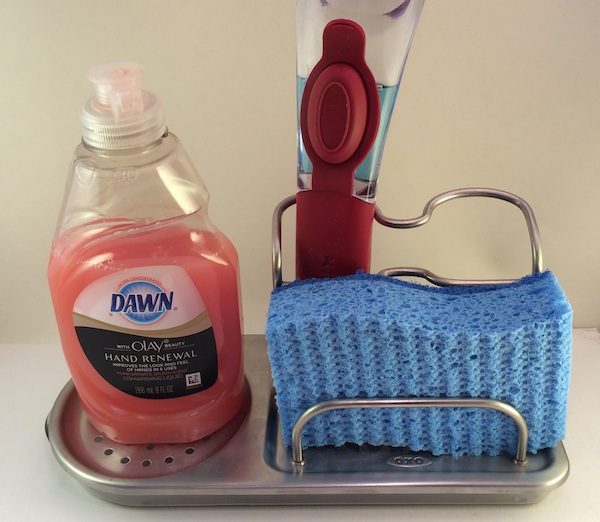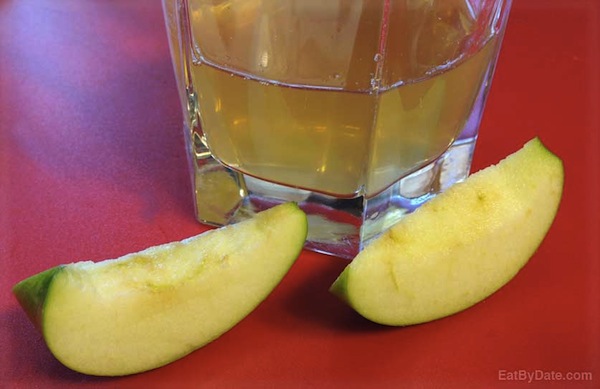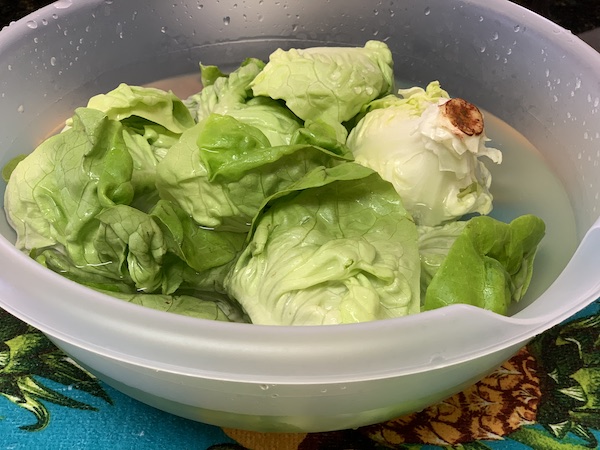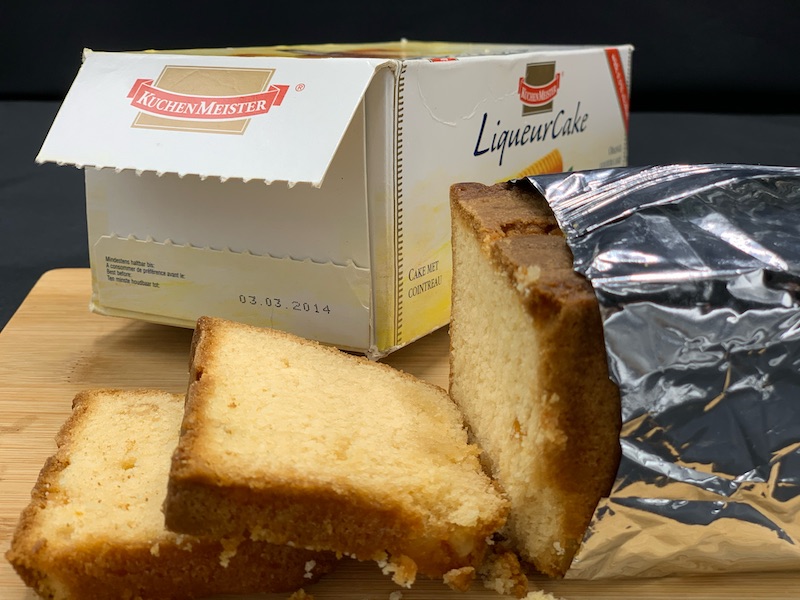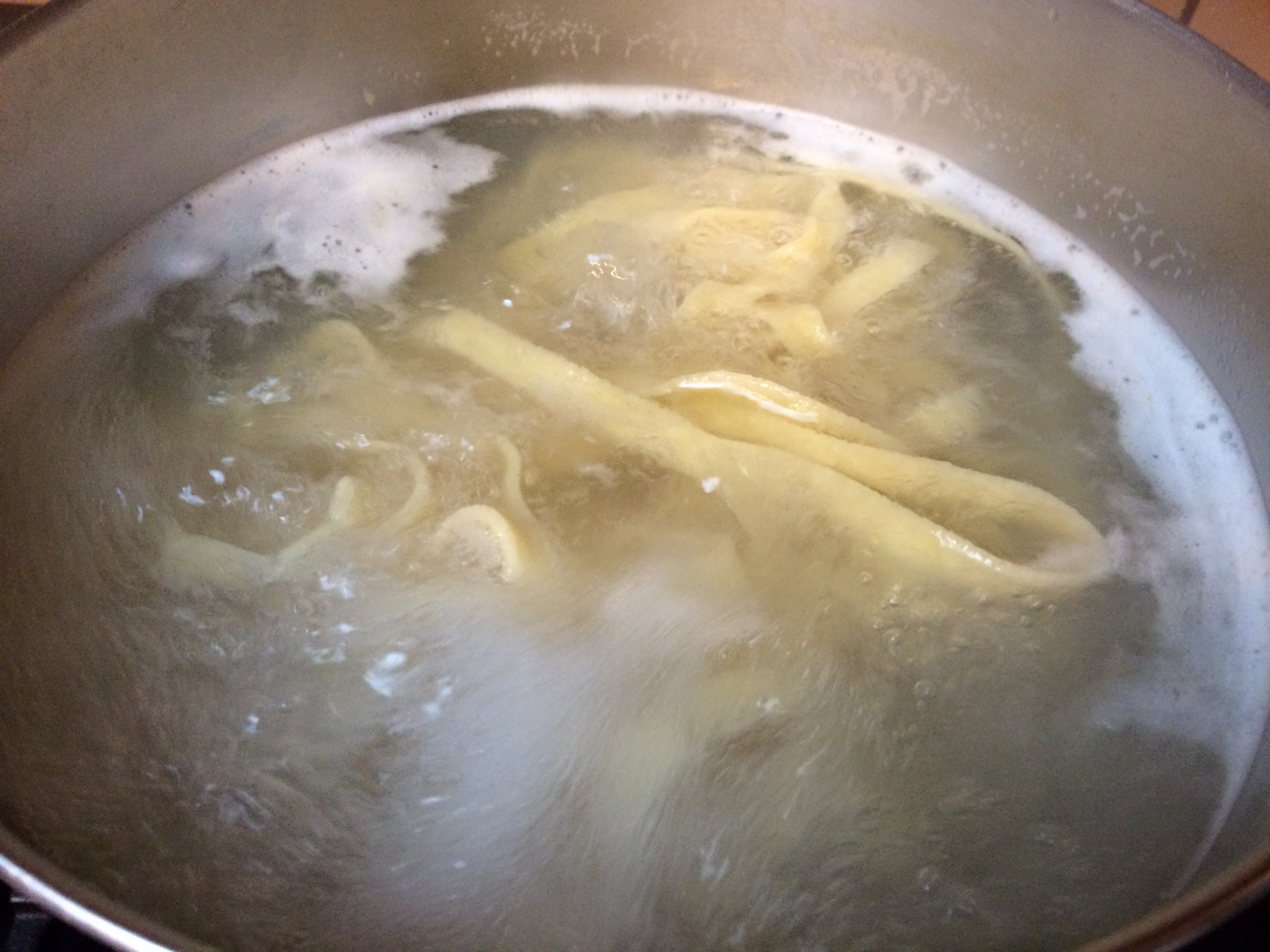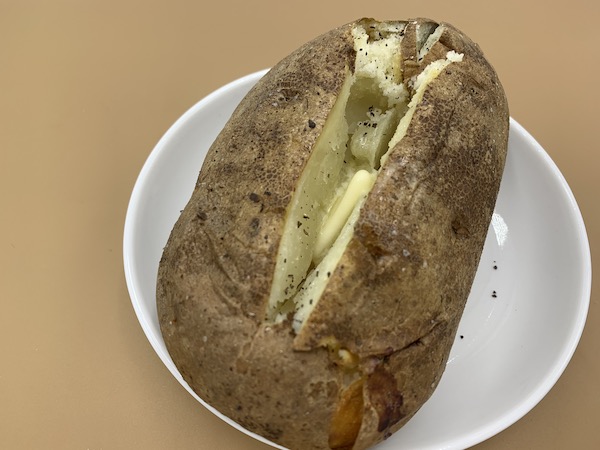Why Do Older Eggs Make Better Hard Boiled Eggs?
Question:
Why do older eggs make better hard boiled eggs?
Answer:
Simply put, the natural aging process makes older eggs better suited for letting go of their shell. Let’s look into what time does to eggs.
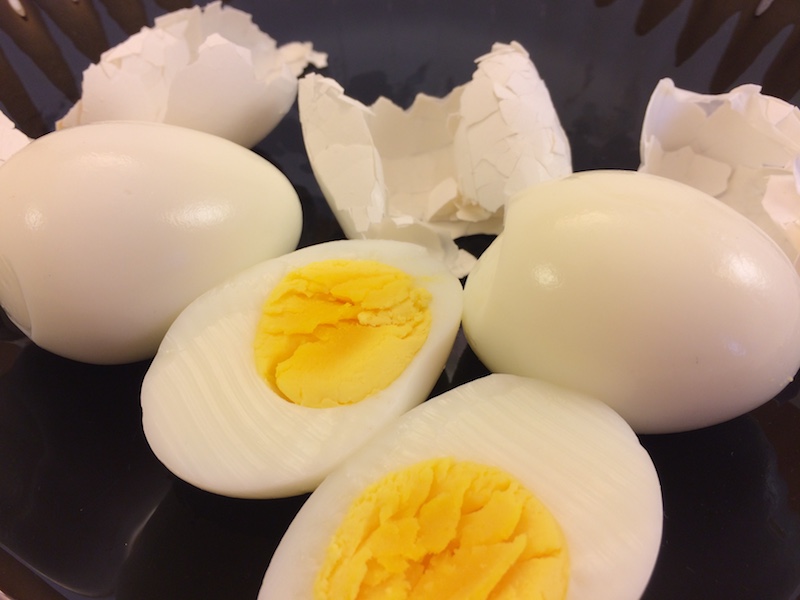
Why Do Older Eggs Make Better Hard Boiled Eggs?
The thing with product dates, as we’ve said many times before, is that they can be used for guidance in deciding when to use certain products. Most everything goes through change with time and becomes slightly altered in some way, whether large or small, as time goes on. Proper storage can help to delay these changes, but most are inevitable at some point. Eggs are an example of a product where the printed date can be used to advantage for deciding when and, more importantly, where to use eggs.
What Changes Occur With Egg Storage?
As eggs age they slowly lose carbon dioxide and moisture, which is initially contained in the white of the egg (the albumen) and accounts for the cloudy appearance of fresh egg whites. This loss of CO2 takes place through their slightly porous shells. When the albumen loses this CO2, the structure changes and the pH level becomes more basic making the whites become clearer. The result of all this is a thinner albumen and a larger air pocket at the top of the egg.
Because of these changes, fresher eggs will perform better at some tasks while older eggs are better suited to other tasks. Older eggs make great hard boiled eggs that are easier to peel. The higher pH level of the albumen in an older egg is what makes it easier to remove the shell once cooked.
How to tell if an egg is ready to be boiled?
Check the carton date. If there is a sell-by date and a USDA grade shield, the date cannot be more than 30 days from the date that the eggs were packed. [1] If more than 23 days remain from the current date to the “sell-by” date on the carton, then they are considered very fresh eggs and therefore not good candidates for boiling. It is best to wait until the eggs are at least a week old before using them for the purpose of making hard boiled eggs.
If the carton bears a USDA grade shield and not a sell-by date, because remember that those dates are state regulated, then the required “pack date” (the day the eggs were washed, graded, and placed into the carton) can be used to determine the age of the eggs. This is a three-digit number starting with January 1 as 001 and ending with December 31 as 365 that can be used to do the math.
Why do Fresh Eggs Make Better Poached Eggs?
Another question:
Why do fresher eggs make better poached eggs and
fried eggs?
This one is aesthetic, but the reason is the same as
above. The albumen is thicker when fresh and thus
better at holding the yolk in the center of the egg.
Thus, fresh eggs will look prettier when fried or
poached because the yolk will stand taller when
still centered and protected by a thick white. Eggs
hold their shape much better when they are fresh. To
make a poached or fried egg, where the egg will take
center stage on the plate, it should be as perfectly
shaped as possible. An older egg will usually
produce a larger area of white as it runs to fill
the pan, leaving an uncentered and flatter yolk.
Why Do Older Eggs Make Better Hard Boiled Eggs?
Additional Information
To find out how long eggs last, see our egg page.
To find out how long hard boiled eggs last, see our hard boiled egg page.
Wondering how long to boil eggs? Then see our post on timing hard boiled eggs.
For more on egg grading, see our post on egg grading.
For the absolute easiest hard boiled eggs to peel, try steaming the eggs instead of actually boiling.
Ready to make poached eggs? Then first check out our post on how to make poached eggs.

